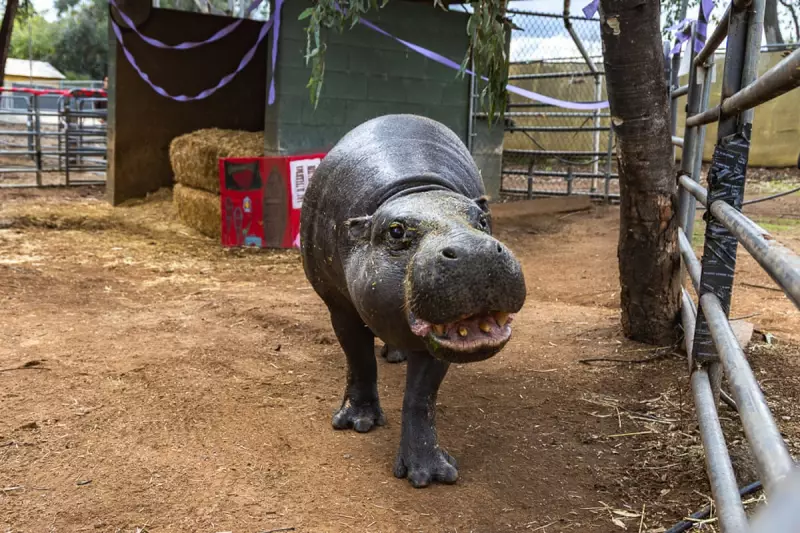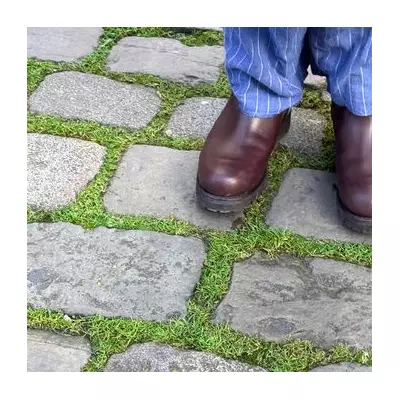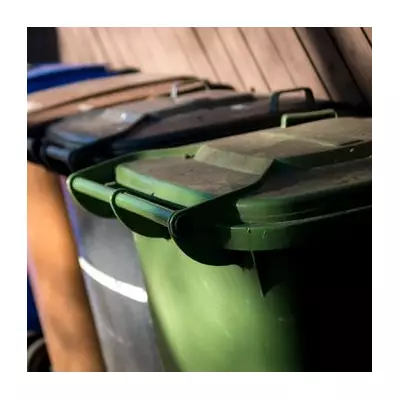
A remarkable birthday celebration took place in California recently, far from the political dramas of Westminster. Hannah Shirley, officially recognised as the world's oldest living pygmy hippopotamus in managed care, has celebrated her 52nd birthday.
A Landmark Celebration for a Record-Breaking Hippo
The San Diego Humane Society’s Ramona Wildlife Centre hosted a festive party for the senior hippo, complete with a Hungry Hungry Hippos theme. Hannah was the centre of attention, engaging playfully with an assortment of colourful balls and specially wrapped presents.
Autumn Welch, the Wildlife Operations Manager at the San Diego Humane Society, expressed the team's deep affection for Hannah. "Every day with Hannah Shirley is a gift," Welch stated. "Her playful spirit and resilience continue to amaze us. Seeing her celebrate 52 years with such energy and curiosity is nothing short of extraordinary."
From Backyard Rescue to Sanctuary Life
Hannah Shirley was born in November 1973, making her a true septuagenarian in the animal kingdom. Her longevity is exceptional, as pygmy hippos typically live only 25 to 30 years in the wild. Earlier this year, she officially surpassed the previous record to become the oldest pygmy hippo ever in managed care worldwide.
Her journey to the sanctuary began in 2002 when she was rescued from a private backyard in Escondido. Since her rescue, she has enjoyed a vastly improved quality of life in a spacious 13,000-square-foot habitat equipped with a pond and a pool.
To support her advanced age, her dedicated carers have developed a specialised routine that includes:
- Spa-like back rubs
- Refreshing sprinkler showers
- Carefully prepared meals tailored to her nutritional needs
The Plight of the Pygmy Hippo
Pygmy hippos are the smaller, less aquatic cousins of the common river hippopotamus, native to the forests and swamps of West Africa. They possess distinct physical characteristics, including rounder, narrower heads and eyes that are not positioned on top of their skulls.
This shy, nocturnal herbivore is facing significant challenges in the wild. Angela Hernandez-Cusick, a wildlife rehabilitation supervisor at the sanctuary, noted, "Anyone who meets Hannah falls in love with her. She embodies the joy and connection that make caring for wildlife so rewarding."
Tragically, they are an endangered species, with an estimated 2,000 individuals remaining in their natural habitat. The majority of this population is believed to be in Liberia, with smaller, fragmented groups in Sierra Leone, Guinea, and the Ivory Coast. Their elusive nature meant they evaded formal documentation by Western science until as recently as 1840.





